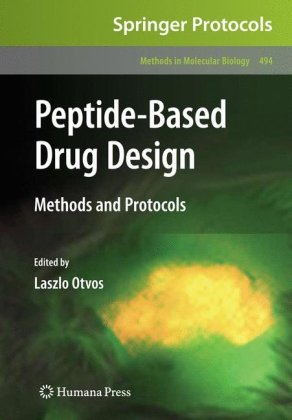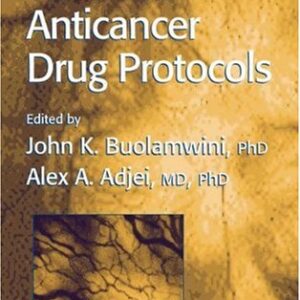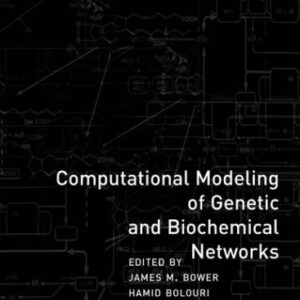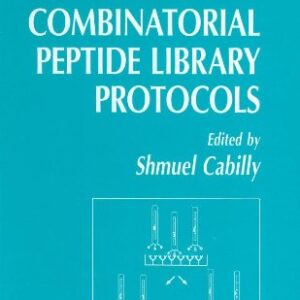Due to their high specificity and low toxicity profile, peptides have once again become central to the development of new drugs. In Peptide-Based Drug Design: Methods and Protocols, expert researchers provide a handbook which offers a selection of research and production tools suitable for transforming a promising protein fragment or stand-alone native peptide into a pharmaceutically acceptable composition. The volume delves into contemporary, cutting-edge subjects such as hit isolation and target validation, computer-aided design, sequence modifications to satisfy pharmacologists, in vivo stability and imaging, and the actual production of difficult sequences. Written in the highly successful Methods in Molecular Biology? series format, chapters include readily reproducible, step-by-step laboratory protocols, lists of materials, and the Notes section, which highlights tips on troubleshooting and avoiding known pitfalls.
Comprehensive and up-to-date, Peptide-Based Drug Design: Methods and Protocols shows its subject to be an independent science on the rise, and provides scientists with a clear, concise guide for continuing this vital research.






Reviews
There are no reviews yet.